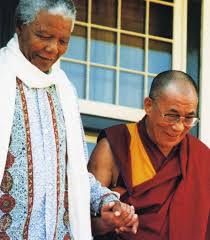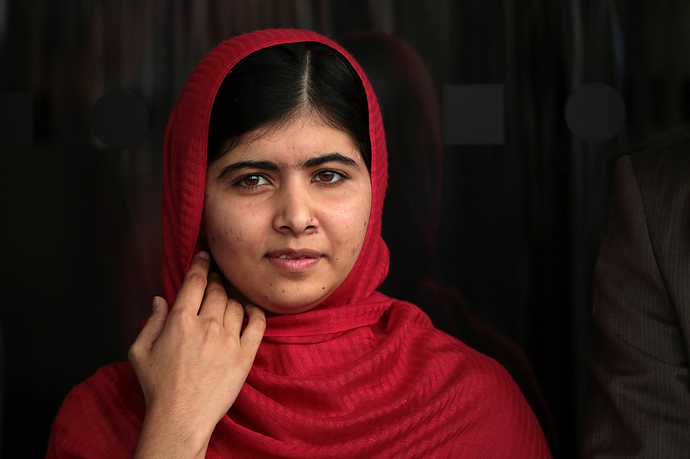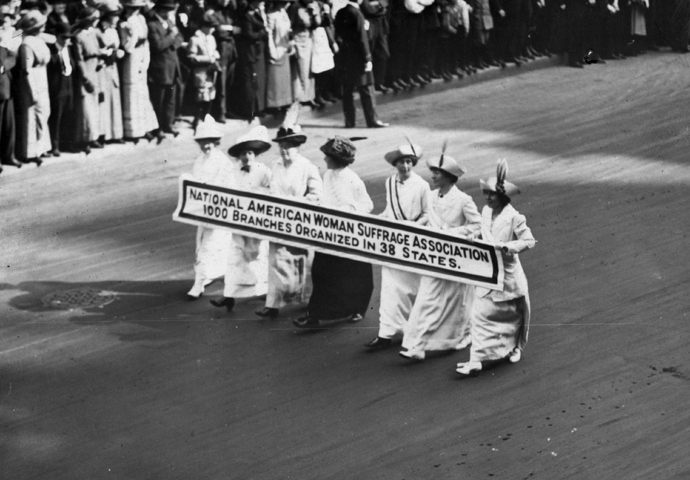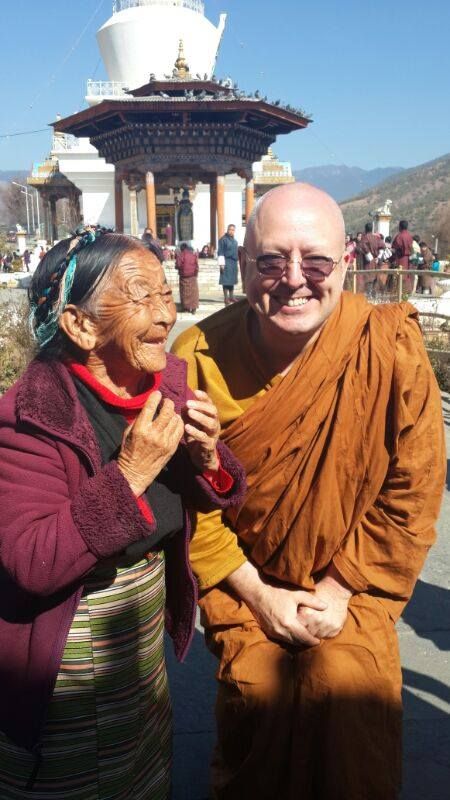So, where have I got it wrong? Lets say, I am a person with a family and a business who is involved in my community. I have an obligation to keep up to date with events in order to protect my people and their interests. I sell guns and ammunition - its a lucrative business and I sell these products wherever I can find a buyer. I hear there is a political party who wants to win government and one of their policies is to restrict arms-dealing. Why should’nt I vote against this party? You have not provided me with a reason to think twice about voting for the opposition party - who wants me to pay less tax and provide me with new market opportunities. As long as a party does not adopt a policy that affects my bottom-line they will have my endorsement. If they can increase my profits then - in the interests of my people - I am obliged to support that party - correct? They may be involved in all manner of disreputable forms of behaviour - things that are destructive to the environment and exploit people in various ways - but I am under no obligation to change society in any way so this is not my concern. All I need to think about is ‘my people’ as that is the only moral obligation I have as a respectable and conscientious business person in the community??? All the factors of the 8-fold path are interdependent - we cannot have an emphasis on the factors of the path we feel are important and neglect those aspects that get in the way of business decisions etc. Right livelihood is not a secondary consideration when it comes to the way we live, the decisions we make and, the political parties we endorse.
OK, I follow your logic of voting for the number 2 party to ‘shake-up’ those power-hungry folk who look after the disabled, the elderly and, the poor in the electorate. Finally, the election is over and the Neo-Nazi’s have one the election. I have made my individual contribution to their success. Now, they begin to implement their policy with regard to the disabled, the elderly and, the poor in the community. What have I contributed to - exactly?
That’s a “minimum,” not an “only.” Please desist with strawmanning me or our conversation will quickly be over.
An arms dealer is not following the Noble Eightfold Path so I’m not sure what point you’re trying to make in connecting them. I’m also not sure what right livelihood has to do with any of the OP’s questions.
I am trying to figure out the implications of what you are saying - not as they apply to you - but if they were applied as guidelines in political decision making in general. You are a Buddhist so you are probably careful in the business activities you engage in - assuming you are involved in business? These are some of the things you have had to say:
“A person with a family, their own business and who is involved in their community has a virtual obligation to … protect their people and interests.” You have identified ‘these people’ as immediate family - you may have others in mind? You went on to say: “No one is obligated to meaningfully change society.” It follows from this that I am not morally obligated to do anything with regard to improving society in any way whatsoever. So, what if I lived in a Nazi dictatorship that was carting off minorities and liquidating people. Would I then be under no obligation to ‘meaningfully change that society’? That’s a valid question to ask given what you have had to say about the lack of a personal obligation to meaningfully change society and, that we only have the MINIMAL obligation to look after our own people. These are your ethical and political guidelines and directives - not mine.
Who do you have in mind when you talk about ‘your people’? Who do you have in mind when you envision ‘the others’ - those who are not your people? Is there any one - any sentient being in this universe - that are not our people (beings that fall out of the circle of compassion and loving care)?
"Just as mother protects with her life, her child, her only child, so with a boundless heart one should cherish [and protect] all living beings. - Metta Sutta
Depends on the person. Some individuals’ perceptions of who is worth truly caring for extends farther than others.
Actually that doesn’t follow at all in the way I’m using the term. By “meaningfully change society” I mean become a public activist for some grand cause or some kind of hero.
No.
One should cultivate the brahmaviharas and generosity, yes.
Why not?
It may seem exaggerated to talk about Nazism - but it isn’t! Many citizens - in Nazi Germany - started to realise that something ugly was going on but turned a blind-eye to it. Some, out of fear and others out of an impulse to just take care of their own interests and ignore the welfare of others.
If somebody had not felt obliged to confront and overcome Nazi tyranny then what impact might that of had on your ability to focus on your own interests - and ‘your people’ in the here and now? If the Nazis had one the war the horrors would have continued and expanded. By saying I would have no obligation to do anything about that would amount to complicity.
“The Only Thing Necessary for the Triumph of Evil is that Good Men Do Nothing.” - Edmund Burke
“Never doubt that a small group of thoughtful, committed citizens can change the world; indeed, it’s the only thing that ever has.” - Margaret Mead
Because I don’t see being an activist or a hero as an obligation. But don’t let my views stop you from taking on whatever obligation you’d like.
No, it doesn’t.
My turn to ask an absurd hypothetical, though this one is much more realistic. I’m sure you have homeless people where you live; if not, imagine you live in one of the many cities that do. Do you let them sleep in your house at night and stay in it during the day? If not, by your logic aren’t you obligated to do so? If you’re not obligated to do so, then by your logic aren’t you complicit in their homelessness?
There is nothing absurd about your question - its a realistic and legitimate question to ask - what makes you think its foolish?
Are we to assume that all homeless people are potentially dangerous and it would be foolish to help any of them - just in case something happens? If we inquire we may find that some homeless people are not a threat to our wellbeing - they may have simply met with difficult circumstances and could benefit from a little kindness and care? Perhaps we could benefit greatly through extending some good will - it might even save a life?
What would be more foolish and absurd: to save a life/lives or ignore the wellbeing of others in difficult circumstances? What would be a realistic thing to do if you were faced with these options?
Yes I do feel obligated to help homeless people and have been involved in various initiatives to address this growing problem on our streets - specifically in Fremantle, W.A. I have also shared my flat - that I rent - with a number of homeless people over the years out of concern for their welfare. Most of them have had mental health issues.
When it comes to Nazi Germany there were many people who helped countless victims of Nazi oppression and tyranny by providing shelter and assisting in the escape of persecuted minorities. Many found some way to resist and help to undermine the tyranny in various ways. To do nothing when people are being brutalised is unthinkable. If this is what ‘being a hero’ is about then we need a lot more of them. I have never heard anybody tell me that being a hero is a bad thing to be! To say, ‘it is not my issue’ because they are not ‘my people’ needs serious reflection - it is not good enough ‘plain and simple’. There is nothing stupid or foolish about courage in the face of evil - humans are capable of this - the Buddha stood between to warring armies. The Buddha was wise, courages and, compassionate.
Here are a few stupid heroic types that made the world a better place:




The world is full of heroes - social activists who have made the world a better place through their courage and sacrifice for the welfare of others.
Zero. Really. Zero … on a daily basis. Why? You asked “how much time should we spend daily”? You don’t have to do it every day. Or every other day.
For many or most stories reporters and commentators will know more and have a better rounded perspective next week or next month. So I often ask myself “do I really need to know this news today? Is this a developing story that will probably be reported on again?”
For instance, I was reading a story about an upcoming appeals court case. Part way through reading the story I realized that the only important piece of news for me was that I was interested in the case and that I wanted to watch for news of the courts decision. Spending time reading about the case before the court has announced it’s decision may not be the best use of my time; and it feels a lot like gossip or worry.
I don’t think samsara is around us but rather arises within us. So all the standard guidelines apply. If voting agitates your mind then don’t do it. It won’t be the end of the world.
Then you have the decision power when the two parties closing towards the equilibrium.
Presently I do not have any power does not matter when one party always win.
I never said being a hero or activist was foolish or bad. All I said was one is not obligated to be one. Your continual strawmanning of my position despite my insisting you stop means our conversation is over. We’ve derailed the OP’s topic enough anyway (my apologies, OP).
And for the record, good on you for helping the homeless. 
For those keeping score at home it took 14 responses in this thread for us to reach the reductio ad hitlerum argument 
Hard to not feel like politics is inherently toxic and contentious sometimes.
Maybe you do have power if the political-party in the community - whose policies you endorse - win the election? Why not support the party that wants to provide as much care as they can to the disabled, elderly, and poor - even though they have one every election for 20 years - and not vote for the party (Neo-Nazi’s) who don’t want to provide extra services to the disabled, elderly and, poor? If a political party has enjoyed a great deal of success and have been reelected many times, does that mean they are power-hungry? Perhaps they want to ‘empower’ a needy group of people in our community and they keep on winning because those who elect them see the benefit that flows from providing extra services and support to the disabled, elderly and, poor in the community? Can you envision the possibility that this is the reason for their success and not the pursuit of personal power? Is that possible? And, if so, why vote for the 2nd party - the Neo-Nazi’s - who hate the influence of Asian cultures in society - including Buddhism. Think it through! 
You know for sure that politician are for themselves not for the poor, elderly and disabled.
What politicians need is power bugger the community.
Politicians may come to the power with lot of goodwill but they will be soon converted by Mara.
That is why I post the following topic.
You posted (below):
OK, I take this as a guideline for political decision making. I combine this with another one of your guidelines for political decision making (below):
“A person with a family, their own business and who is involved in their community has a virtual obligation to … protect their people and interests.”
This is not about ‘you’ this is about whether a Buddhist should be aware of whats going on in Samsara, whether they should vote and, if so, what criterion they should use in their political decision making.
Your not a straw-man your a real-live Buddhist and the guidelines (above) are yours. They are your heart-felt advice on good political decision making. Many people in Nazi Germany used your political guidelines in voting for the Nazi Party. They decided that the Nazi’s were good for the economy - they were creating jobs - business was booming, so they went to the polls and voted for the Nazi’s to help them to look after their ‘people’. Their families were better off when the Nazi’s were building roads and putting unemployed workers into gainful employment. The people who voted for them also heard the shameful and dangerous anti-semitic propaganda being promulgated by the Nazi’s - they may have even have heard of the persecutions - and they still voted for them because their form of (employment) - and their personal prosperity - was the the criterion they used for deciding who to vote for. This was the opening piece of advice you gave:
[quote="Mkoll]
“The title of the OP is an excellent question with no easy answer. At least, I’d say it depends on the individual and their [occupation]. Also, many monastics pay a great deal of attention to current events so I think we could apply this question to them as well. Is one truly a renunciate when one’s mind seeks out and dwells in worldly events?”
The 2nd half of this comment (above) seems to suggest that monastics are practicing Bad-Buddhism and are not truly ‘renounced’ if they have a conscience regarding social/environmental issues - that are bringing more-and-more people and other sentient-beings into extreme danger. They are mis-guided if they attempt to halt the destruction and act as ‘heroes’ and social activists. The Buddha also participated in social-activism - he tried to change society for the better. He put his ‘wellbeing’ on-the-line when he stood between 2 armies about to kill each other and advised they resolve their conflict through negotiation - instead of blood. Was the Buddha behaving like a false-renunciate by expressing concern for the welfare of these people who intended to kill each other over a property-rights issue?
Why are the circumstances - the political choices - that ordinary (good) people made in Nazi Germany - that lead to their winning an election - be considered as a ‘reductio ad absurdum’ argument? It seems like a reasonable and sane thing to consider if we want to avoid the same kinds of ‘madness’ and ‘obscenity’ happening again? Perhaps, you know better? 
Apparently you missed the part where I said our conversation is over.
Feel free to ignore every foolish thing I have said - what a sad and misinformed Buddhist I must be to think carefully about my role in ‘society at large’ - for the greater good - and about my responsibilities to those who are not ‘my people’.
Friendly reminder that we are straying from the OP.





